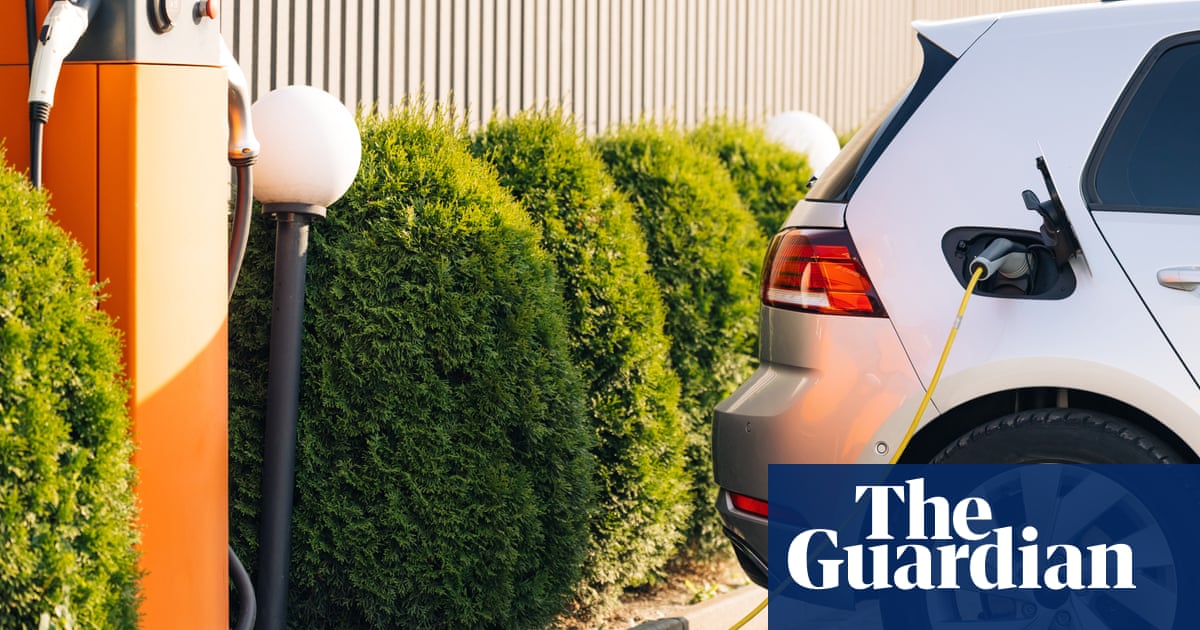and the electricity required to refine the crude... all of which will be reduced gradually as more and more EVs replace ICE cars, and the electricity saved should be offset against the increase in electricity consumption by EV chargers. (I am not even talking about the Carbon footprint of drilling for, then refining and distributing fossil fuels...)
As mentioned unless you also stop using all lubricants, aviation and marine fuels, plastics, chemicals, etc. crude oil will still need to be extracted, transported, and refined.

